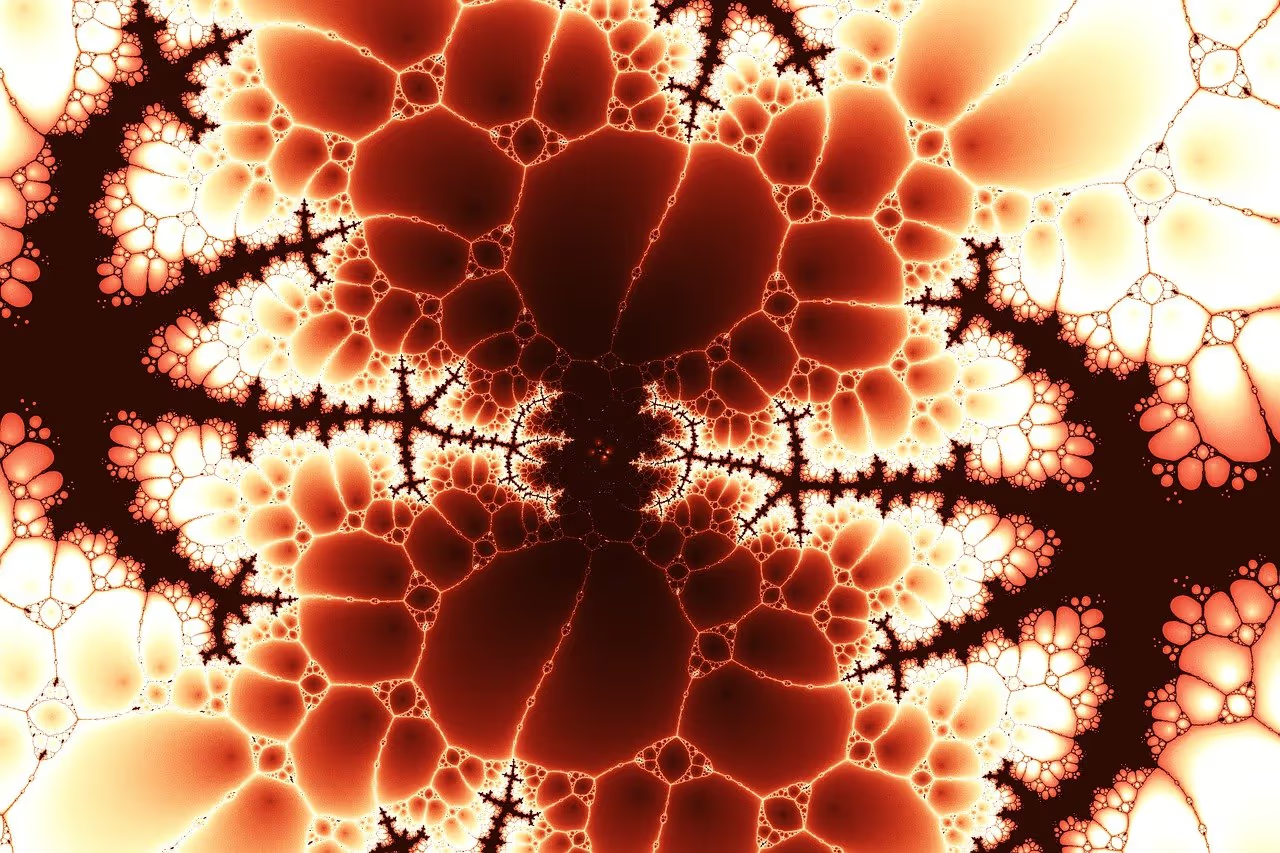John Maynard Smith and Eors Szathmary boldly expanded the symbiotic cell theory of Lynn Margulis to include other major transitions. They were a bit timid in their discussion of human evolution, however, restricting themselves to the genetic basis of language. Now it appears likely that human evolution was a full-fledged major transition. The reason that we are so unique among primates is that our ancestors became the primate equivalent of a single organism or a social insect colony.
Recall that the key ingredient of a major transition is the suppression of fitness differences within groups, causing between-group selection to become the primary evolutionary force. In most primate species, including our closest ancestors, intense within-group competition limits the opportunities for cooperation among members of the group. This is in contrast to extant human hunter-gatherer societies, which are fiercely egalitarian. What accounts for this shift and when did it occur in human evolution?
Humans are incomparably better at throwing projectiles than other primates, an ability that required whole-body anatomical changes and evolved early in the hominid lineage. Although the original purpose of throwing was presumably to deter predators and competing scavengers, it could also be used to suppress bullying and other domineering behaviors within groups. This hypothesis, developed by Paul Bingham, is a specific version of a more general hypothesis of guarded egalitarianism, originally advanced by Christopher Boehm on the basis of the egalitarian nature of most extant hunter-gatherer societies. However it was accomplished, guarded egalitarianism provides the key ingredient of an evolutionary transition. It has been common in the past to regard advanced human cognitive abilities, such as a theory of mind, as the first step of human evolution that made widespread cooperation possible. Now it appears that the sequence needs to be reversed. The first event was the suppression of fitness differences within groups, which did not require a change in cognitive ability. Then, between-group selection favored forms of mental cooperation in addition to physical cooperation. After all, symbolic thought and the social transmission of behaviors are fundamentally cooperative activities that are unlikely to take place among individuals who are in conflict with each other. Even human capacities that we take for granted, such as the communicative nature of our eyes, our ability to point, and our awareness of others that emerges early in infancy, are forms of cooperation that appear to be uniquely human. Michael Tomasello and Jonathan Haidt are two prominent researchers developing this thesis.
In retrospect, human evolution has all the hallmarks of a major transition. It was a rare event, occurring only once among primates. It had momentous consequences; cooperation enabled our ancestors to spread over the planet, eliminating other hominids and many other species along the way. We also diversified to occupy all climatic zones and hundreds of ecological niches, although by cultural evolution rather than genetic evolution. The advent of agriculture enabled us to increase the scale of society by many orders of magnitude through a process of cultural multilevel selection. Finally, the transition was not complete. Within-group selection still takes place and is merely suppressed compared to between-group selection. Peter Richerson, who pioneered the modern study of cultural evolution with Robert Boyd, likes to call human groups crude superorganisms, cooperative units to be sure, but not in the same league as bodies or beehives. I'm happy with this qualifier, but even thinking of human groups as crude superorganisms has vast implications, especially against the background of individualism that has dominated the intellectual landscape for the last half-century. The corpus of Pete and Rob's work leaves little doubt that cultural change is both an evolutionary process and a multilevel evolutionary process in which group selection can seldom be ignored. No wonder our students think so naturally in terms of "for the good of the group". We are a highly group-selected species.





















